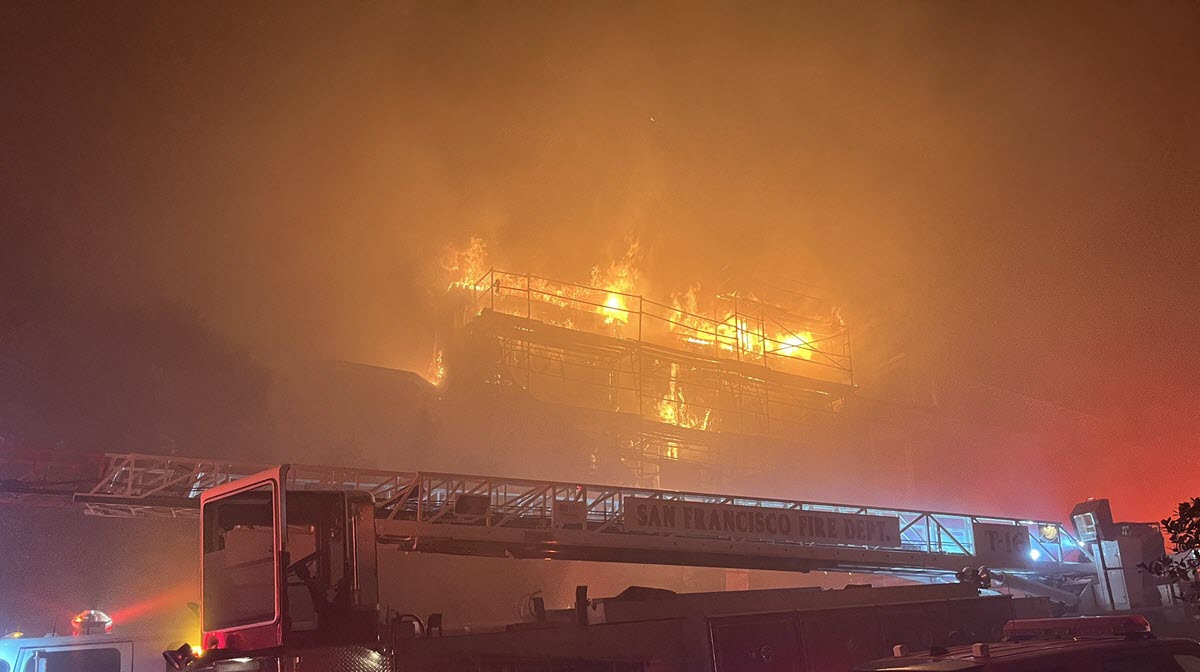A bombshell hit the PG&E trial Tuesday with the revelation that the utility may actually have the very gas pipeline test records that federal prosecutors allege the company lacks.
The company stands accused of a dozen pipeline safety violations for allegedly failing to keep required reports showing it had conducted high pressure water tests for five of its gas transmission lines.
If convicted, the company could face fines of more than a half-billion dollars.
After testimony ended Tuesday, prosecutors complained that the company divulged some 3,000 documents related its purported testing efforts to vouch for some or all of the five lines. It is not clear what those records might show, prosecutors aid.
But Assistant U.S. Attorney Hallie Hoffman told Judge Thelton Henderson that the documents were disclosed so late that they would be “very hard for the government to respond to.”
Hoffman then expressed concern about being sandbagged, saying prosecutors are “very concerned about the defendant’s recollection of events” now in dispute, noting that records were subpoenaed by regulators on June 26, 2014.
“You have had from that time to now and the missing records were not provided,’’ she told the company lawyers. “If PG&E was in possession of them, they were not given to us,”
Local
Henderson argued that the late disclosure should bar PG&E from using the documents in its defense challenge of a government witness.
PG&E lawyer Kate Dyer explained that PG&E had done its best to provide what documents it could, given its uncertainty about what test reports the government it supposedly lacked.
Dyer said that once the company learned what the government was referring to, its team went about “producing the documents the government says we don’t have.”
What happens next is unclear. All Judge Henderson told both sides was: “I’ll get back to you.”
Earlier, a former PG&E manager turned consultant recounted how the company engineers attempted to reconcile parts of the code related to pipes were regulations appeared to call for costly inspections in the event pressure exceeded specified levels under government regulations.
“I think all operators were struggling with that,” Chris Warner told the jury. He said that while the federal agency’s guidance to operators specified any pressure exceed dictated inspections, “most operators did not feel that was technically correct and did not mesh with other parts of the regulations.
“We were all wrestling with how much is too much,” Warner told the jury.
In the end, prosecutors say, PG&E ignored the specified inspections. It based its decision to not test lines in another part of the code that allows operators to exceed maximum pressure levels by ten percent during unexpected events.
Warner is set to return to the stand Wednesday. Judge Henderson expressed clear frustration at the pace of the case, telling PG&E lawyer Robert Sims: “We need to move on. We’re on our third witness in our third week (of trial), counsel.”



